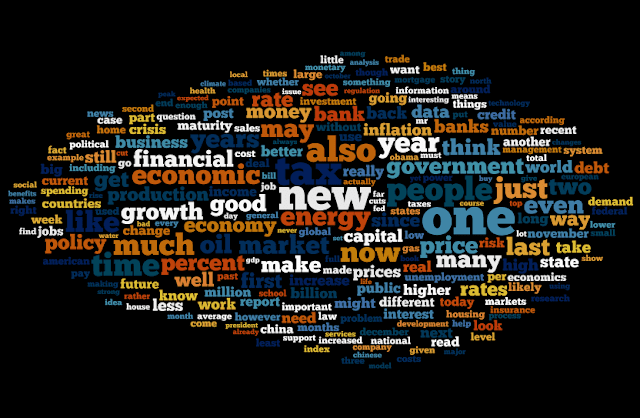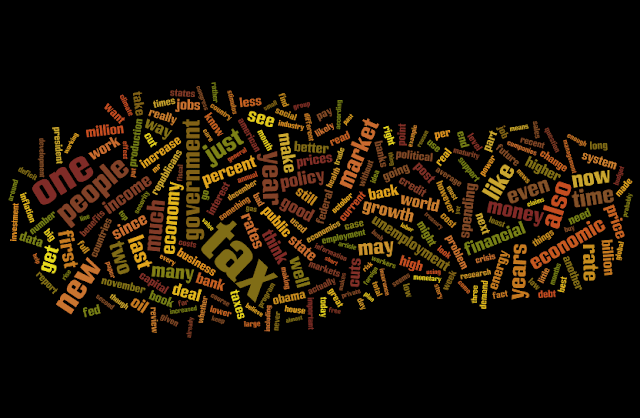Things to do in Denver when you're Greg
Sorry, I couldn't resist the title. If you'd like to meet Greg Mankiw in person, just head over to the ASSA (Allied Social Science Associations) meeting next week and sign up for his discussion on economic policy . More to the point, the American Economics Association conference is also taking place at the same time. You can get an interesting insight into the concerns and priorities of the discipline by running some keyword searches on the preliminary programme, which is available here . Some topics of interest to me: cognitive : appears 12 times, though mostly related to cognitive and noncognitive skills, particularly with relevance to the labour market. There is one mention of cognitive biases and one of cognitive economics - which highlights a study called CogEcon of which I wasn't aware. Again though, it appears to mainly focus on a cognitive skills measure for Americans over 50, rather than a more general exploration of how cognition affects economic behaviour...



